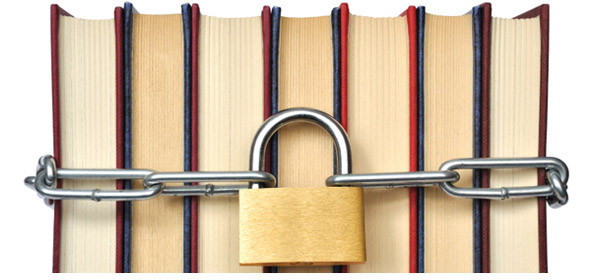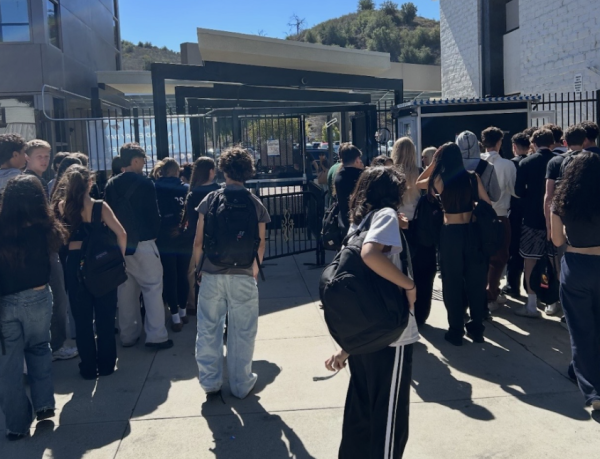Banning books in schools censors and erases history

Lois Lowry, J.K. Rowling, Shel Silverstein, Harper Lee and Mark Twain. These are some of the most influential and prominent writers of the past 200 years, but unfortunately their novels are banned from school libraries across the country. This censorship denies children and young adults the ability to obtain knowledge within stories such as Harry Potter, The Hunger Games and The Kite Runner. In fact, preventing young people from reading such books violates the author’s and the reader’s First Amendment rights. All in all, young adults should not be denied the right to read classic books just because others find them problematic.
One reason that libraries across the country are banning books is controversy over the use of offensive language. While many individuals complain about the offensive language used by some authors within their books, these people must take note of the time period in which these novels were written as well as the perspectives of the narrators. Censorship encourages the erasure of history and disregards the fact that many young adults and students would benefit from being conscious of these accounts. Although history is taught in class through textbooks and factual evidence, students should be able to acquire diverse and first person perspectives on historical accounts within such novels. Additionally, students are entitled to have the ability to read these banned books because many of these controversial accounts are still relevant to life today.
Everyone deserves to be informed about other people’s struggles by glimpsing lives and mindsets of remarkable authors. The First Amendment guarantees all citizens the right to express his or her opinions and views. The Amendment also certifies that no person has the power to regulate or limit another person’s capability to access or read information. The First Amendment applies to teens and children as well as adults. While parents do have the responsibility to monitor their own child’s reading, their authority should not extend to another person’s child.
“I think it is ridiculous to ban books that embody a certain era in history simply because of the language,” said senior Kimia Zargari. “A book is a form of art and [no one has] the right to ban them from the general public.”
Teenage students are old enough to decide what books they want to read, whether it be The Fault in Our Stars or The Perks of Being a Wallflower. If these teenagers are expected to act mature, they should be treated like adults. Not only should all people have the right to read what they want, but books like these are deeply ingrained in our country’s culture. They have been around for so long that banning them would be breaking this country’s tradition.
Many people are rightly trying to fight against the unnecessary prohibition of long-lasting novels. One person in a community should not have the power to ban a book from a library or school just because of their personal troubles concerns. A book is a form of expression and helps to give individuals diverse perspectives therefore it is unreasonable to take that away from young people growing minds.
Your donation will support the student journalists of Calabasas High School. Your contribution will allow us to purchase equipment and cover our annual website hosting costs.






